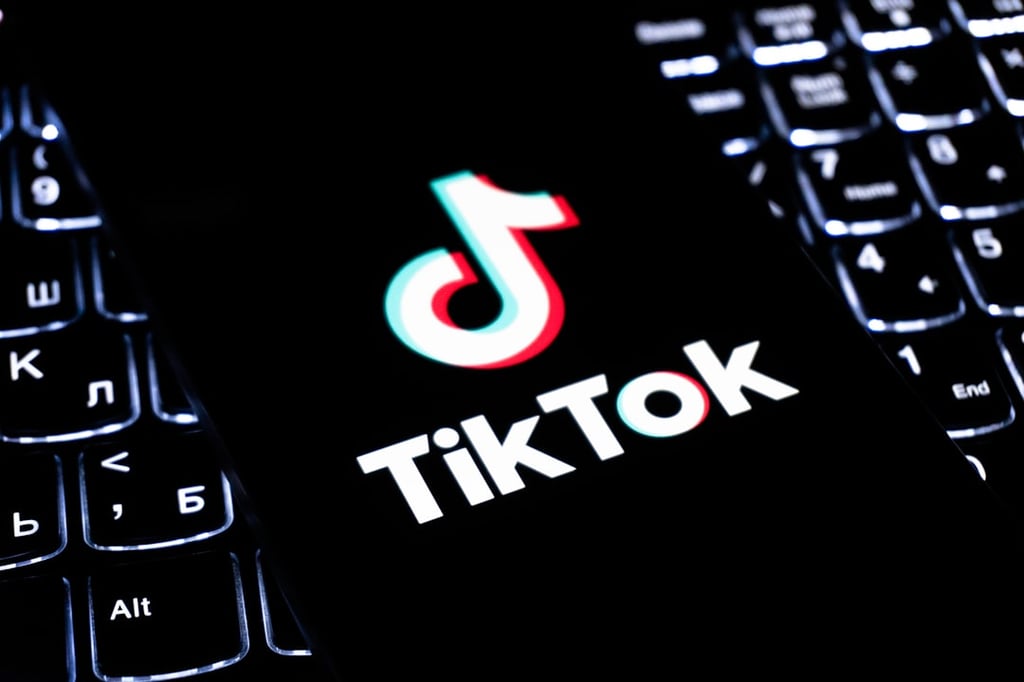Businesses hoping to capitalize on the wearables boom will need to first lay consumers’ privacy concerns to rest, according to a report from Acquity Group, an Accenture digital marketing division. Eighty percent of the 2,000 surveyed for the group’s “2014 State of the Internet of Things Study” expressed worries that wearable devices could infringe on […]
Datamation content and product recommendations are
editorially independent. We may make money when you click on links
to our partners.
Learn More
Businesses hoping to capitalize on the wearables boom will need to first lay consumers’ privacy concerns to rest, according to a report from Acquity Group, an Accenture digital marketing division.
Eighty percent of the 2,000 surveyed for the group’s “2014 State of the Internet of Things Study” expressed worries that wearable devices could infringe on their privacy. Predictably, that figure drops when they are otherwise incentivized. Half of those polled said that they could be coaxed into sharing personal data if they were treated to discounts and coupons.
In potentially good news for makers of health-related wearables, a slim majority of respondents (53 percent) said that they would be willing to share data with doctors. Some are even willing to let their wearables update friends (17 percent) and family (27 percent).
A significant number, just under 40 percent, are unwilling to share wearables data with anyone.
The issue is compounded by the “great deal of uncertainty [that exists] around the security of these connected devices,” said Acquity Group in a statement. “Companies will have to address consumers’ very real security concerns before any widespread adoption can take root.”
Adoption also may be stymied by a range of societal factors and the very nature of the current wearables market, said CCS Insight, a telecommunications and technology research firm.
Marina Koytcheva, Director of Forecasting at CCS Insight, noted that the “market is still in a chaotic stage of development,” in a statement. “Every category faces different risks: the way people use wearables is still changing, one type of device could kill sales in another category, people are unsure whether some wearables are socially acceptable, and intellectual property rights are a minefield for the dozens of start-ups entering the wearables market.”
Nonetheless, her firm expects wearables shipments to reach 22 million this year, a 129 percent gain over the 9.7 million units shipped in 2013. “We believe this will fuel strong growth in the final quarter of 2014 for smart bands, particularly fitness trackers, which will account for more than half of the 35 million wearables in use at end of 2014,” stated Koytcheva.
By 2018, the firm’s forecast calls for shipments of 135 million wearables in 2018. The majority of those devices will be smartwatches and smart bands. Wrist-worn devices will make up 87 percent of all the wearables that ship in 2018, predicts CCS Insight, a figure that represents “68 million smartwatches and 50 million smart bands,” said the company.
Pedro Hernandez is a contributing editor at Datamation. Follow him on Twitter @ecoINSITE.
Photo courtesy of Shutterstock.
-
Ethics and Artificial Intelligence: Driving Greater Equality
FEATURE | By James Maguire,
December 16, 2020
-
AI vs. Machine Learning vs. Deep Learning
FEATURE | By Cynthia Harvey,
December 11, 2020
-
Huawei’s AI Update: Things Are Moving Faster Than We Think
FEATURE | By Rob Enderle,
December 04, 2020
-
Keeping Machine Learning Algorithms Honest in the ‘Ethics-First’ Era
ARTIFICIAL INTELLIGENCE | By Guest Author,
November 18, 2020
-
Key Trends in Chatbots and RPA
FEATURE | By Guest Author,
November 10, 2020
-
Top 10 AIOps Companies
FEATURE | By Samuel Greengard,
November 05, 2020
-
What is Text Analysis?
ARTIFICIAL INTELLIGENCE | By Guest Author,
November 02, 2020
-
How Intel’s Work With Autonomous Cars Could Redefine General Purpose AI
ARTIFICIAL INTELLIGENCE | By Rob Enderle,
October 29, 2020
-
Dell Technologies World: Weaving Together Human And Machine Interaction For AI And Robotics
ARTIFICIAL INTELLIGENCE | By Rob Enderle,
October 23, 2020
-
The Super Moderator, or How IBM Project Debater Could Save Social Media
FEATURE | By Rob Enderle,
October 16, 2020
-
Top 10 Chatbot Platforms
FEATURE | By Cynthia Harvey,
October 07, 2020
-
Finding a Career Path in AI
ARTIFICIAL INTELLIGENCE | By Guest Author,
October 05, 2020
-
CIOs Discuss the Promise of AI and Data Science
FEATURE | By Guest Author,
September 25, 2020
-
Microsoft Is Building An AI Product That Could Predict The Future
FEATURE | By Rob Enderle,
September 25, 2020
-
Top 10 Machine Learning Companies 2021
FEATURE | By Cynthia Harvey,
September 22, 2020
-
NVIDIA and ARM: Massively Changing The AI Landscape
ARTIFICIAL INTELLIGENCE | By Rob Enderle,
September 18, 2020
-
Continuous Intelligence: Expert Discussion [Video and Podcast]
ARTIFICIAL INTELLIGENCE | By James Maguire,
September 14, 2020
-
Artificial Intelligence: Governance and Ethics [Video]
ARTIFICIAL INTELLIGENCE | By James Maguire,
September 13, 2020
-
IBM Watson At The US Open: Showcasing The Power Of A Mature Enterprise-Class AI
FEATURE | By Rob Enderle,
September 11, 2020
-
Artificial Intelligence: Perception vs. Reality
FEATURE | By James Maguire,
September 09, 2020
SEE ALL
ARTICLES









